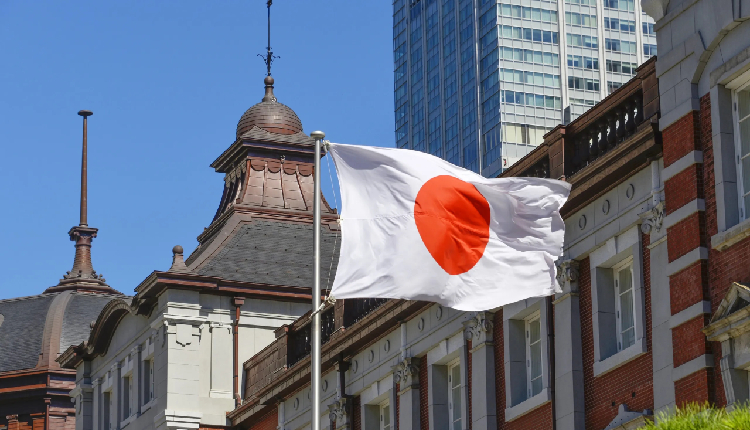Japan’s government plans to allocate $734 billion budget for the upcoming fiscal year, driven by increased social security and debt-servicing expenses, contributing to the country’s significant debt burden.
The 115.5 trillion-yen budget is a result of the Bank of Japan (BOJ) moving away from its long-standing stimulus programme. This shift means the government can no longer depend on low borrowing costs and central bank support to fund its debt.
To enhance public finances, the government aims to reduce new bond issuance in the next fiscal year to 28.6 trillion yen from the current 35.4 trillion yen, as tax revenue is expected to increase.
This is the first time in 17 years that new bond issuance will fall below 30 billion yen. Tax revenue is expected to reach a record 78.4 trillion yen, boosted by the recovery in corporate profits, as per a draft plan seen by Reuters.
The interest rate is expected to rise to two per cent in April from the current 1.9 per cent, increasing debt-servicing costs to 28.2 trillion yen from 27 trillion yen for the current year.
Attribution: Reuters
Subediting: M. S. Salama


